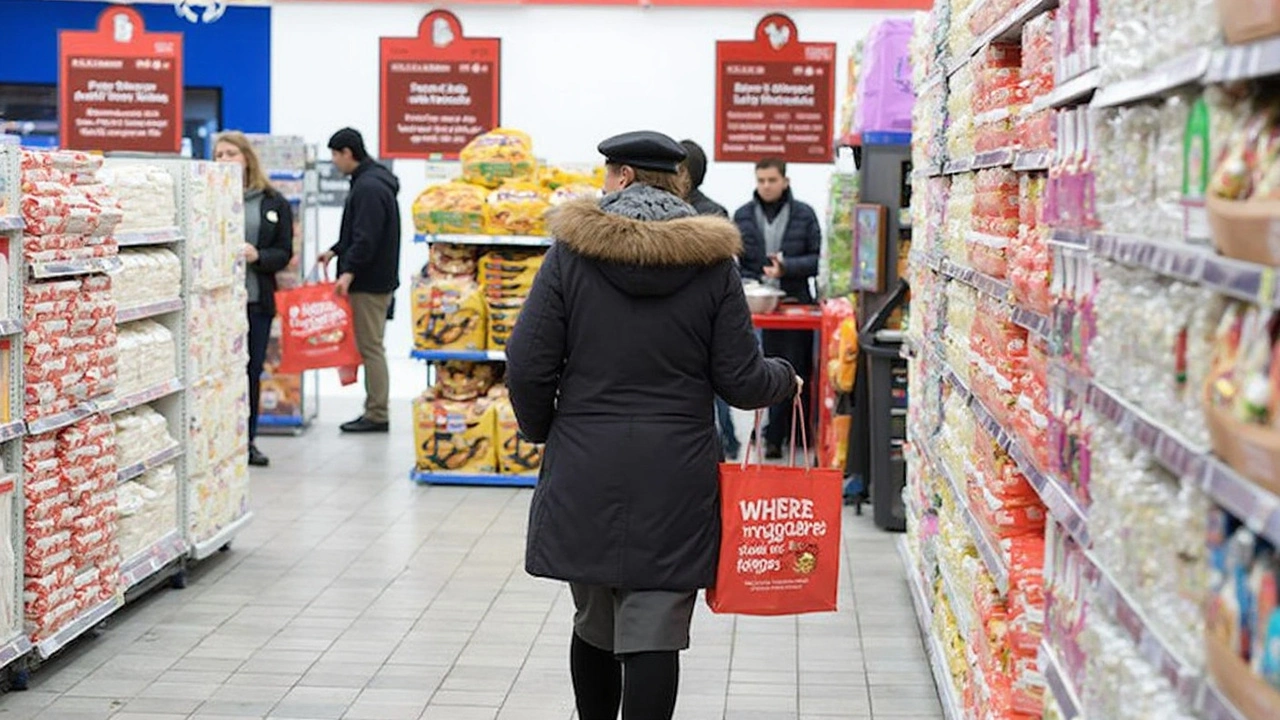What Is VAT and Why Should You Care?
Ever noticed an extra charge on the price tag when you buy something? That might be the VAT, or Value Added Tax, sneaking into your bill. VAT is a consumption tax added at each stage of production or sale of goods and services. It’s common across many countries, including those in Africa, and it plays a huge role in government revenue.
So, why does VAT exist? Governments use it to fund public services like schools, hospitals, and infrastructure. It’s a way to collect taxes gradually instead of charging customers huge amounts all at once. If you’re running a business or just shopping, understanding VAT helps you grasp where your money goes.
How Does VAT Work Exactly?
VAT isn’t just a random extra fee. Businesses add VAT to the sale price of their products or services, collecting it from customers. Then, they pay it to the government after deducting what they paid on their own purchases. This system means the tax is charged at every step but only on the value that’s actually added at each point.
For example, a farmer sells wheat to a baker with VAT included. The baker pays VAT on the wheat but can reclaim that amount from the government when selling bread to customers. The final VAT costs rest with the end consumer buying the bread from the bakery. This chain keeps the tax fair and transparent.
What Does VAT Mean for You and the Economy?
For consumers, VAT might seem like just another expense. But it’s actually a key driver for public services and economic planning. However, VAT can feel heavy on everyday expenses, especially for low-income families since it applies broadly.
That’s why some countries tweak VAT rules to reduce the burden on essentials like food or medicine. Understanding these changes helps you see how VAT policies are aimed at balancing government needs and citizens’ welfare.
In Africa, VAT policies vary widely, reflecting different economic conditions. Tracking these changes is vital because they affect prices, business costs, and the overall economy.
Knowing about VAT is more than tax talk—it’s about understanding a system influencing your daily life and broader economic fairness. Staying informed helps you see where your money goes and supports smarter choices, whether shopping, running a business, or following public policies.

South Africa Drops VAT Hike: Inflation Eases, but Budget Pain Remains for Low-Income Citizens
South Africa's reversal of the planned VAT increase eases inflation concerns, but the Treasury faces a R75 billion budget shortfall. The revised plan may still hit low-income groups, with spending cuts and new taxes under discussion. Political and legal battles shaped the decision.
